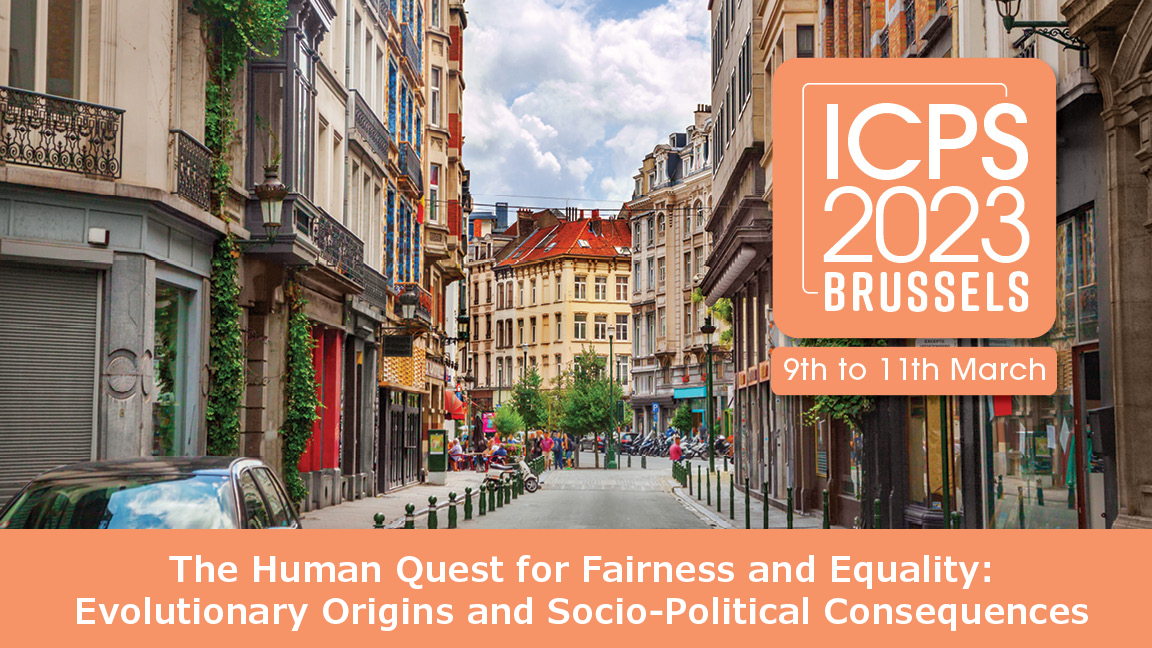The Future of Psychology and Robotics

Please log in to view this content. Note that this video is only available to those who registered for ICPS 2023 or APS members who purchase access.
The field of human-robot interaction is rapidly evolving, and understanding the intersection between psychology and social robotics is essential for the advancement of this field. In this symposium, four leading scholars in the field of human-robot interactions share their recent research, offering insights into how the field is advancing and how it should progress. Discussions highlight the unique contributions that psychology brings to the field of social robotics. Speakers cover a broad range of topics, including the development of socially intelligent robots, the role of emotions in human-robot interaction, and the potential of social robots to enhance well-being.
Chairs: Eric Vanman, The University of Queensland, Australia
Sang Eun Woo, Purdue University, USA
Speakers: Arvid Kappas, Constructor University, Germany
Astrid Rosenthal-von der Pütten, RWTH Aachen University, Germany
Ruud Hortensius, Utrecht University, Netherlands
Agnieszka Wykowska, Istituto Italiano di Tecnologia, Italy
ICPS 2023 Videos
-

Keynote Address: Integrating Knowledge in Psychological Science Using Ontologies
Susan Michie presents the “Behaviour Change Intervention Ontology,” which has the potential to dramatically enhance evidence integration and knowledge development using hybrid human-computer systems, thereby accelerating scientific advancements.
-

Keynote Address: The Human Quest for Fairness and Equality: Evolutionary Origins and Socio-Political Consequences
Ernst Fehr shows that individuals cluster around three global, fundamentally distinct, preference types characterized as altruistic, inequality averse, and predominantly selfish—with the selfish type typically comprising a minority of individuals.
-

Keynote Address: Blood, Sweat, and Tears: Human Social Chemosignaling in Health and Disease
Noam Sobel describes his findings on mechanisms of human chemosignaling in both health and disease. Based on these findings, he argues that, in contrast to common notions, humans are highly olfactory animals, and body-odors dominate our social behavior.





APS regularly opens certain online articles for discussion on our website. Effective February 2021, you must be a logged-in APS member to post comments. By posting a comment, you agree to our Community Guidelines and the display of your profile information, including your name and affiliation. Any opinions, findings, conclusions, or recommendations present in article comments are those of the writers and do not necessarily reflect the views of APS or the article’s author. For more information, please see our Community Guidelines.
Please login with your APS account to comment.